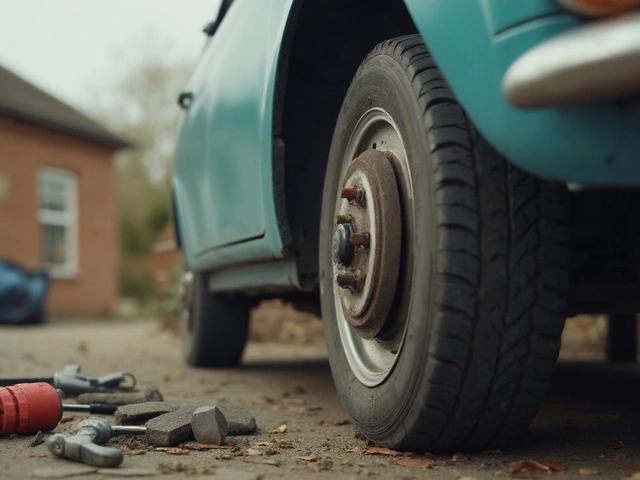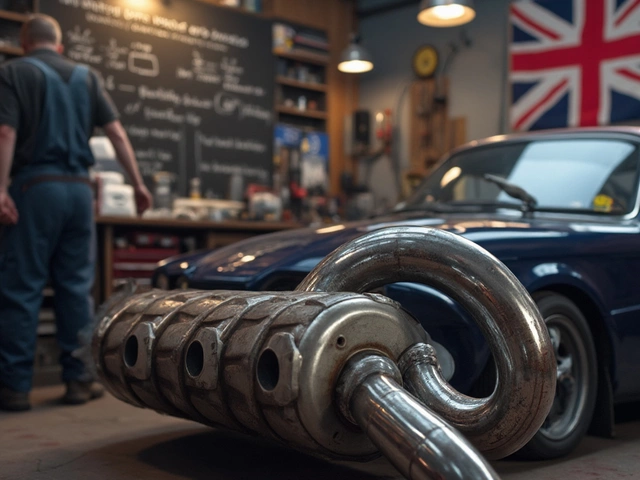Car Radiator Maintenance Made Easy
Ever wonder why your temperature gauge spikes on a hot day? Most of the time it’s a radiator issue that you can catch early. Doing a few simple checks every few months can save you costly repairs and keep your engine from frying.
Check Coolant Levels and Quality
First thing’s first – open the coolant reservoir when the engine is cold. The fluid should sit between the "low" and "full" marks. If it looks dirty or rusty, it’s time for a flush. A fresh mix of 50/50 coolant and water protects metal parts and prevents boiling over.
Don’t forget the radiator cap. A failing cap can let pressure escape, causing the coolant to boil too early. Press it down gently; you should feel a firm resistance. If it’s easy to push in, replace it.
Inspect Hoses, Fans, and the Core
Look at the rubber hoses for cracks, bulges, or soft spots. Even a tiny leak can drop coolant levels fast. Give each hose a squeeze – they should be firm, not mushy. While you’re at it, check the clamps; loose clamps cause leaks at the connection points.
The electric cooling fan should spin freely when the engine heats up. Listen for a whirring sound as the temperature rises. If the fan clunks or doesn’t start, the motor or relay might need attention.
Take a quick peek at the radiator itself. Any black streaks or green slime inside the tank means corrosion or algae growth – both bad for heat transfer. A professional can flush the core, but a DIY flush with a garden hose can clear out surface buildup.
When to Call a Pro
If you notice steam, a sweet smell, or the engine temperature staying high after you’ve topped up coolant, stop driving. Those are signs of a bigger leak or a blocked core. A quick visit to a garage will prevent a complete breakdown.
Also, if you’ve driven more than 30,000 miles without a coolant flush, schedule one. Modern coolant lasts longer, but minerals still build up and reduce efficiency.
Regular radiator maintenance isn’t rocket science – just a few visual checks and routine fluid changes. Doing this yourself can cut down on repair bills and keep your car’s heart beating strong.
 23 July 2025
23 July 2025
How Many Miles Do Car Radiators Last? Lifespan, Maintenance & Replacement Tips
Wondering how many miles car radiators last? Learn about radiator lifespans, factors shortening the duration, and smart ways to keep your cooling system healthy.
Tags
- car maintenance
- engine oil
- spark plugs
- brake pads
- engine performance
- vehicle maintenance
- spark plug replacement
- windshield wipers
- fuel pump
- suspension parts
- clutch replacement
- clutch kit
- car performance
- oil change
- air filters
- car suspension
- car radiator
- exhaust systems
- engine misfire
- fuel pump failure






0